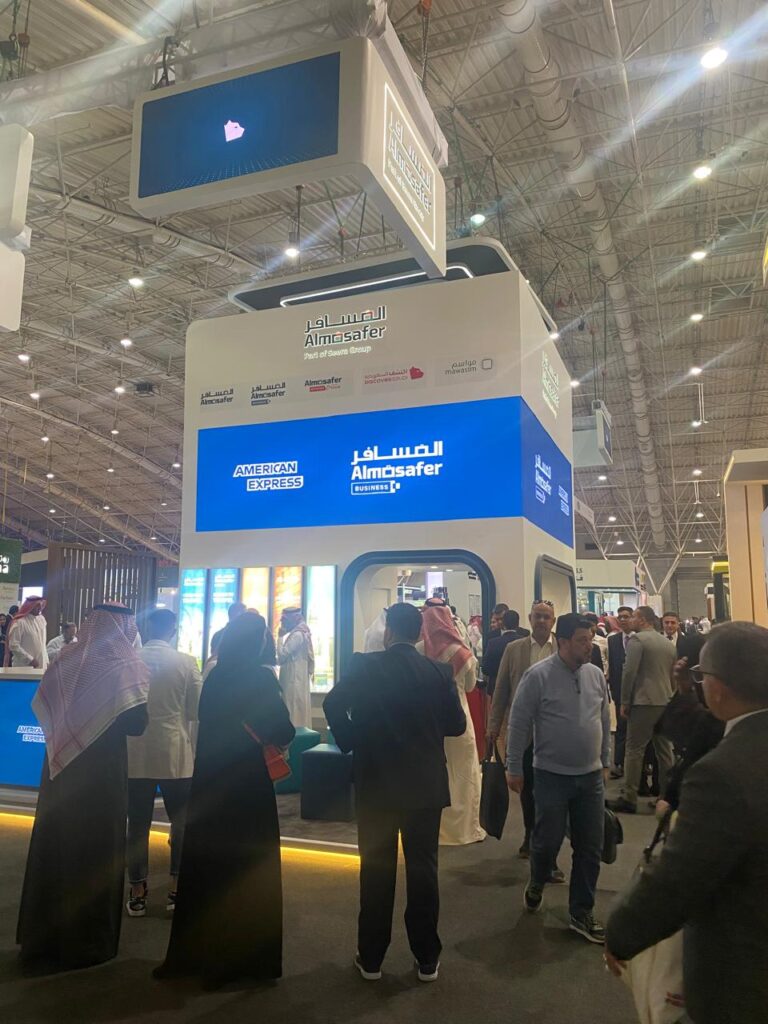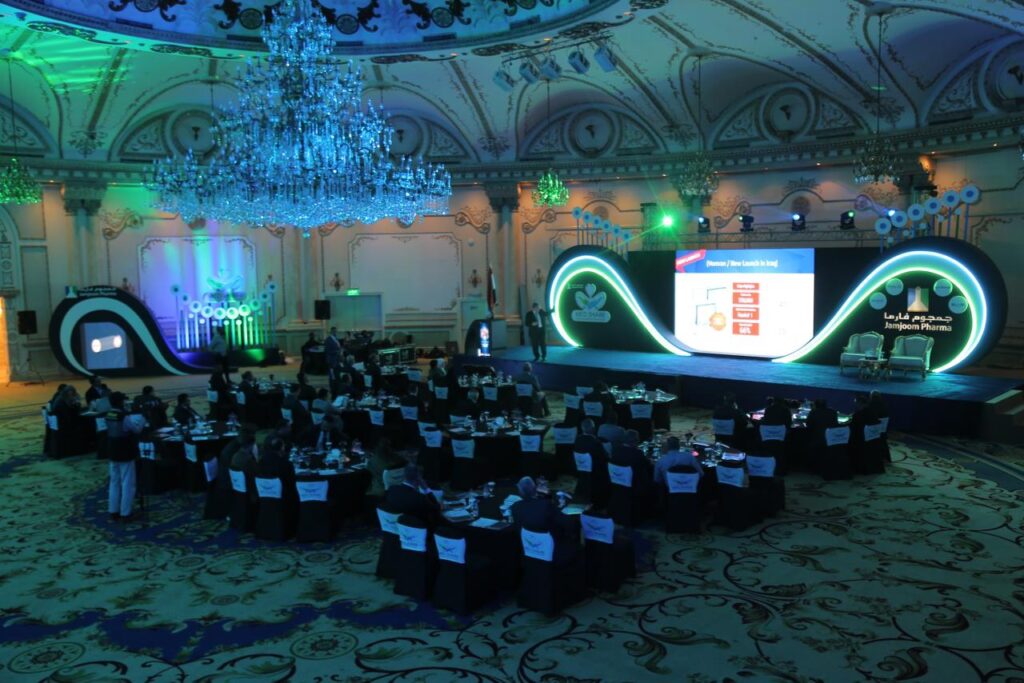How to Design Stunning Event Invitations That Get Noticed
The first impression your guests get of your event often comes from the invitation. Whether it’s a wedding, corporate conference, charity gala, or birthday party, your invitation sets the tone and builds anticipation. A well-designed invitation doesn’t just share event details — it excites, engages, and compels guests to RSVP. In this post, we’ll explore how to create invitations that truly stand out. From aligning with your event theme to adding interactive elements, here’s how to make your invitations unforgettable. 1. Start with the Event’s Theme and Mood Every invitation should reflect the personality of your event. Is it formal, festive, modern, or whimsical? Your design choices — from fonts and colors to imagery — should match the event’s vibe. Pro Tip: Think of your invitation as a teaser for the event — it should hint at the experience to come. 2. Choose the Right Invitation Format Different events — and audiences — call for different formats. Consider these common options: Make sure your format fits your audience and the event type. A Gen Z birthday party and a donor appreciation dinner will call for very different formats. 3. Prioritize Visual Impact To grab attention at first glance, your invitation needs to look amazing. Key design tips: 4. Keep the Event Details Clear and Concise Your invitation must do one job above all: communicate the who, what, when, where clearly. Include: Avoid information overload. If you have more to share, include a QR code or link to a dedicated event page. 5. Personalize the Experience Adding a personal touch goes a long way in making your guests feel valued. Even a small personal note can turn a standard invite into something meaningful. 6. Add Creative and Interactive Features Want your invite to really stand out? Add unexpected, interactive touches. For example, if you’re hosting a live music event, add a short teaser of the artist performing! 7. Proof, Test, and Review A beautiful design won’t help if the information is wrong or the RSVP link is broken. Double-check: Always get a second pair of eyes before sending. 8. Design with Your Guests in Mind Ultimately, your invitation should be designed for your audience — not just your aesthetic. The goal is to excite your guests, give them confidence in the event, and guide them toward RSVPing without confusion. Conclusion: Set the Stage with a Memorable Invitation Your invitation is more than just a formality — it’s the first moment your guests experience your event. It builds anticipation, communicates professionalism (or playfulness), and reflects the effort behind your planning. By combining intentional design, clear communication, and a touch of creativity, you can turn your invitation into a powerful tool that drives attendance and gets people talking — before the event even begins. So go ahead — make your first impression unforgettable.





